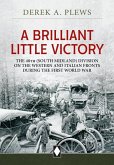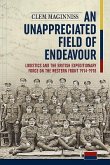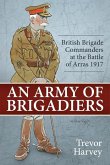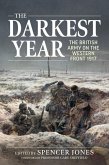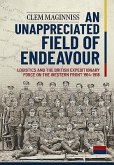Reassesses the reputation and effectiveness of four Royal Fusiliers battalions composed of university students and public school boys. Soldiers and Gentlemen: A History of the University and Public Schools Brigade of the Royal Fusiliers 1914-1918 recounts the Great War history of four unusual infantry units: 18th, 19th, 20th and 21st (Service) Battalions of the Royal Fusiliers. Recruited from former university students and public school boys who chose to serve as 'gentleman rankers' rather than officers, these units were dismissed as 'Chocolate Soldiers' or 'rotten men'. This volume sets out to re-examine their reputation and effectiveness. Recruiting and training of the four 'Service' battalions of the University and Public Schools Brigade commenced in September 1914. Special permission was sought from Lord Kitchener; his brief reply was, 'Go ahead, and if you can raise 10,000 men I shall be all the better pleased.' Training commenced at Epsom and Leatherhead before the volunteers were moved to Clipstone (Nottinghamshire) and Tidworth (Wiltshire) for collective and pre-deployment training. Many left to pursue commissions elsewhere in Kitchener's Army during this time. Following many delays, the battalions deployed overseas for trench warfare introduction in 'quiet' sectors at Givenchy and Cambrin over the winter of 1915-1916. In early 1916, three battalions were disbanded with large numbers of personnel dispatched home for officer training. Only the 20th Royal Fusiliers, recruited largely in Manchester, remained at the front. The battalion went on to participate in the Somme offensive during which it was decimated at High Wood. It then saw action at Arras, Nieuport and Ypres before disbandment in early 1918. All of the UPS battalions (especially the 20th Battalion) have a poor reputation based on postwar criticism by literary combat veterans such as Robert Graves, Dr James Dunn, and Frank Richards. Nevertheless, although not an elite by any means, the UPS men were able to 'stick it' under pressure and fought hard on a number of occasions, contrary to this criticism. Soldiers and Gentlemen reassesses the experience and reputation of the UPS battalions by examination of a considerable number of primary and secondary sources including over thirty first-hand accounts, both published and unpublished. The latter provide a unique insight into the lives and deaths of those who served, training particulars, active service routine, and combat experience. The motivations and perspectives of the so-called 'gentleman rankers' and their transition into commissioned officers are also thoroughly explored.
Hinweis: Dieser Artikel kann nur an eine deutsche Lieferadresse ausgeliefert werden.
Hinweis: Dieser Artikel kann nur an eine deutsche Lieferadresse ausgeliefert werden.


